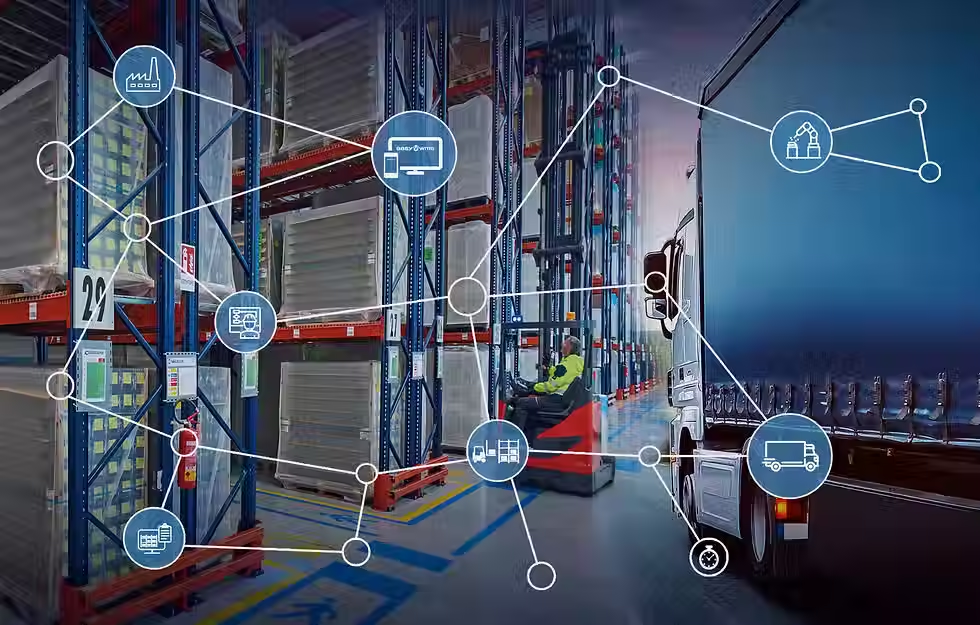Effective Frameworks to Strengthen Supply Chain Resilience.
- jaimecampuzano8
- Nov 10, 2025
- 1 min read

In an increasingly uncertain global environment, disruptions in the supply chain can lead to significant operational losses. Therefore, implementing structured risk analysis frameworks has become essential to anticipate vulnerabilities, mitigate impacts, and ensure business continuity.

Supply chain risk analysis allows organizations to identify potential threats and define strategies to minimize their effects. Various frameworks and tools, such as COSO ERM, ISO 31000, and FMEA, offer proven structures to assess and manage risks at different organizational levels.
COSO ERM provides a comprehensive view of enterprise risk management, integrating risk analysis within strategic objectives.
ISO 31000 stands out for its adaptability and can be applied in industries with dynamic supply chains, such as fashion or furniture.
FMEA helps detect specific failures in processes or products, making it ideal for identifying critical vulnerabilities and designing precise action plans.
Moreover, advanced technological tools enhance risk analysis. Predictive analytics, digital twins, and Monte Carlo simulations provide real-time insights into potential disruptions, enabling faster and more informed decision-making.
Supplier diversification, blockchain transparency, and crisis management

plans are key strategies to strengthen operational resilience. However, beyond technology, fostering a risk-oriented organizational culture remains essential: trained and aware teams can anticipate and adapt more effectively to any eventuality.
In conclusion, adopting solid risk analysis frameworks not only protects against disruptions but also drives long-term efficiency and competitiveness. Companies that integrate these practices experience up to 60% fewer disruptions, proving that proactive risk management is a strategic advantage in modern logistics.



Comments